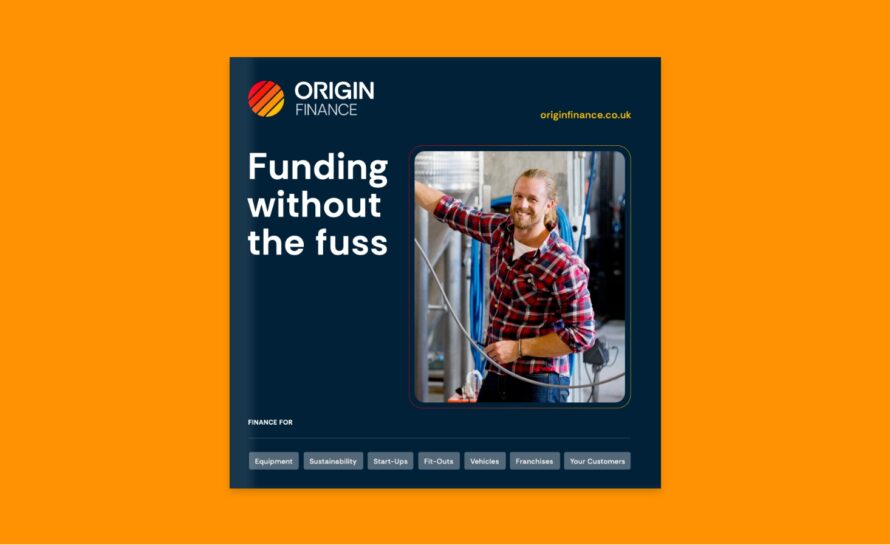
Commercial Vehicle Refinance is a way of unlocking money from vehicles such as company cars, vans or any other type of vehicle for business use.
A huge number of companies rely on their vehicles for commuting, transporting goods and carrying out essential business tasks. In the UK, there are 720 thousand company cars on the roads but we also know from RAC figures that there are 4.74 million LGVs, 530,000 HGVs and 140,000 buses & coaches. And those stats don’t include industry-specific vehicles, which are designed to complete specific tasks in areas like construction, and manufacturing and engineering.
Commercial vehicles are often very expensive and, therefore, valuable business assets. In this article, we explain how Commercial Vehicle Refinance works and how it can help asset-rich companies raise working capital.
Contents
- 1 How does Commercial Vehicle Refinance work?
- 2 What vehicles can be used for Commercial Vehicle Refinance?
- 3 What are the benefits of Commercial Vehicle Refinance?
- 4 What can the money from Commercial Vehicle Refinance be used for?
- 5 Can old vehicles be refinanced?
- 6 Are there any restrictions on Commercial Vehicle Refinance?
- 7 How Origin Finance can help
How does Commercial Vehicle Refinance work?
After an assessment of your vehicle’s worth, the lender will generally release around 75% – 80% of this value, giving your business an immediate cash injection. At the same time, you can keep using the vehicles as you would normally. As part of the refinance agreement, you’ll pay a monthly fee with a fixed interest rate over an agreed term.
You can also refinance vehicles that you don’t fully own. If you’re paying off debt on multiple vehicles, refinance is a way of consolidating these arrangements into one, simplifying payments but also potentially lowering interest rates, which could save your business a significant amount of money and increase your day-to-day cashflow.
What vehicles can be used for Commercial Vehicle Refinance?
Commercial Vehicle Refinance is a type of Equipment Refinance, which means many assets (or in this case, many vehicles) can be used. Examples of vehicles that can be refinanced include:
- Cars
- Taxis
- Buses
- Lorries
- Motorcycles
- Heavy goods vehicles (HGV)
- Coaches
- Bulldozers
- Diggers
- Cranes
- Tractors
- Forklift trucks
- Cement mixers
- Combine harvesters
- Crop sprayers
- Ambulances
This is just a sample of what you can refinance. In practice, you can choose almost any vehicle in your possession.
What are the benefits of Commercial Vehicle Refinance?
Commercial Vehicle Refinance offers a range of benefits, including:
- You can access the value of your vehicle as an immediate cash boost.
- Monthly repayments are fixed.
- You can potentially reduce interest rate payments and secure better repayment terms on your existing debts.
- It’s easier to access than traditional business loans as there are less stringent credit requirements.
- By using the vehicle as the security for the finance, there’s no need for any additional collateral.
- You can keep using your equipment, and after the agreement is paid, you’ll regain complete ownership.
- You’ve got complete control over what you refinance, whether that’s a single vehicle or a whole fleet.
What can the money from Commercial Vehicle Refinance be used for?
One of the advantages of Commercial Vehicle Refinance is that the money is transferred into your bank account to be used as you see fit. This means it can help you buy more vehicles, hire new staff, fit out your office, upgrade your equipment, or boost your working capital to cover day-to-day expenses. It’s really up to you.
Can old vehicles be refinanced?
Yes, older vehicles can also be refinanced. There may be age limits on some vehicles, but at Origin we will be able to let you know if they’re eligible for refinance.
Are there any restrictions on Commercial Vehicle Refinance?
The business and the asset must be based in the UK to be eligible for Commercial Vehicle Refinance. There’s also a £10,000 minimum value of what we can refinance.
How Origin Finance can help
As specialists in Commercial Vehicle Refinance, we can help you find the right solution for your business.
We can provide a free, no obligation valuation of your vehicles so you know exactly how much you can raise. We can also help you put your application together to maximise your chances of success.
Get in touch to find out more.
If you like this article, you might also enjoy reading:





